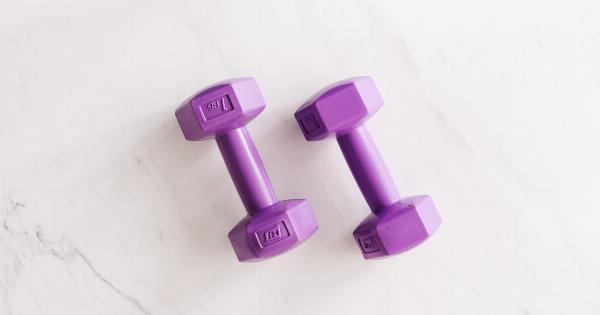Soreness is a common issue that many individuals face at some point in their lives. It can be caused by various factors, including strenuous physical activities, injuries, or even certain medical conditions.
When dealing with soreness, finding the right doctors who specialize in managing and treating this condition is crucial. In this guide, we will explore the best ways to manage soreness and provide tips on finding the most suitable doctors.
1. Identify the Source of Soreness
Before seeking professional help, it’s important to identify the source of your soreness. This can help in determining the type of doctor you should consult.
Soreness can stem from muscle strains, joint inflammation, nerve issues, or other underlying health conditions.
2. General Practitioners (Primary Care Physicians)
A good starting point is to consult a general practitioner or primary care physician. They can evaluate your symptoms and provide initial guidance.
If your soreness is not related to a specific injury or condition, they may be able to provide helpful advice or recommend lifestyle changes to alleviate the discomfort.
3. Orthopedic Doctors
If your soreness is related to bones, joints, or musculoskeletal issues, consulting an orthopedic doctor is recommended. These specialists focus on diagnosing and treating conditions that affect the musculoskeletal system.
They have expertise in managing injuries, arthritis, joint pain, and other related issues.
4. Physical Therapists
Physical therapists can be invaluable in managing soreness caused by injuries or mobility issues. They use exercise programs, manual techniques, and other treatments to help restore movement and reduce pain.
Physical therapy can be beneficial for a wide range of soreness issues, such as back pain, tendonitis, or post-surgery recovery.
5. Rheumatologists
If your soreness is accompanied by joint stiffness, swelling, or other symptoms indicative of inflammatory conditions like rheumatoid arthritis or lupus, consulting a rheumatologist is advisable.
These doctors specialize in diagnosing and treating autoimmune and inflammatory diseases that affect the joints and connective tissues.
6. Sports Medicine Specialists
For soreness related to sports injuries or activities, sports medicine specialists should be considered. They have expertise in diagnosing and treating musculoskeletal injuries commonly seen in athletes or active individuals.
These doctors can provide guidance on injury prevention, rehabilitation, and performance enhancement.
7. Neurologists
If your soreness is accompanied by nerve-related symptoms such as tingling, numbness, or weakness, consulting a neurologist is advised.
They specialize in diagnosing and treating conditions that affect the nervous system, which includes nerve impingement, neuropathy, or other nerve-related issues that can cause soreness.
8. Integrative Medicine Specialists
Integrative medicine specialists take a holistic approach to manage soreness and aim to address the underlying causes of discomfort.
They combine conventional Western medicine with alternative therapies such as acupuncture, chiropractic care, herbal remedies, and stress management techniques to help alleviate soreness.
9. Pain Management Specialists
If your soreness is chronic and significantly impacts your quality of life, seeking assistance from a pain management specialist may be beneficial.
These doctors specialize in treating various types of pain, including chronic soreness, through a multidisciplinary approach. They utilize medication, physical therapy, interventions, and other modalities to help manage and reduce soreness.
10. Seek Referrals and Do Research
When looking for the best doctors to manage soreness, seeking referrals from trusted sources such as friends, family, or healthcare professionals can be helpful.
Additionally, conducting online research, reading reviews, and checking doctors’ credentials can provide valuable insights into their expertise and patient satisfaction.
Conclusion
Soreness can significantly impact one’s daily life and overall well-being. If you are experiencing persistent or severe soreness, consulting a specialized doctor can help in managing and treating the underlying cause of your discomfort.
Whether it’s an orthopedic doctor, physical therapist, rheumatologist, or another specialist, finding the right healthcare provider is essential for effective soreness management.

























